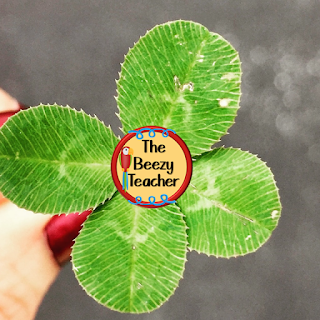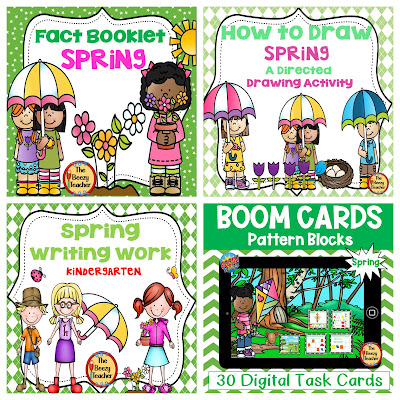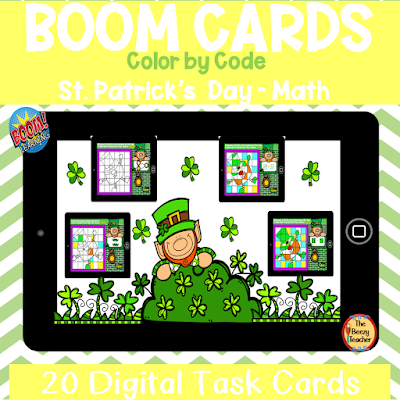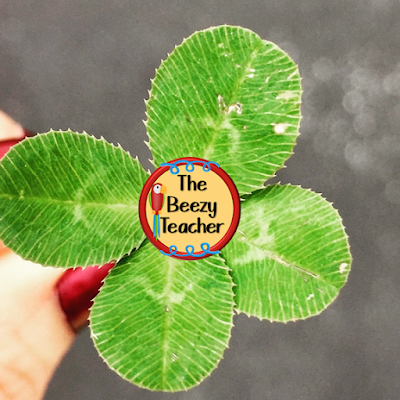Children are born with a sense of wonder and a desire to understand the world around them. Through play young children, learn a wide variety of science concepts. Young children love to ask questions about how things work and why things are the way they are.
It is important to focus science lessons on things that young children can see, hear, taste, smell and even touch if it is suitable. March is it perfect time of the year to start long-term science projects such as growing plants.
Be observant and listen for questions that children do not put into words. Children's actions, like digging in the dirt can give us a clue for what they are wondering - Does anything interesting build a home in the dirt? These types of questions are often the perfect starting point for direct investigations and conversation as compared to children’s verbal questions.
Curiosity motivates children to explore and try new things and this is an important scientific attitude. Creating a safe environment where children can explore and discover things nurture their curiosity and promotes scientific learning.
Social science is also a great opportunity to spark an interest in learning. History like science relies on question-asking. Often stories about historical events have been told by men and those with powers. By using a wide variety of books and materials and allowing kids, even young children, to look for information they learn to develop their own interpretation.
All resources can be found in my store!
https://www.teacherspayteachers.com/Store/Thebeezyteacher































